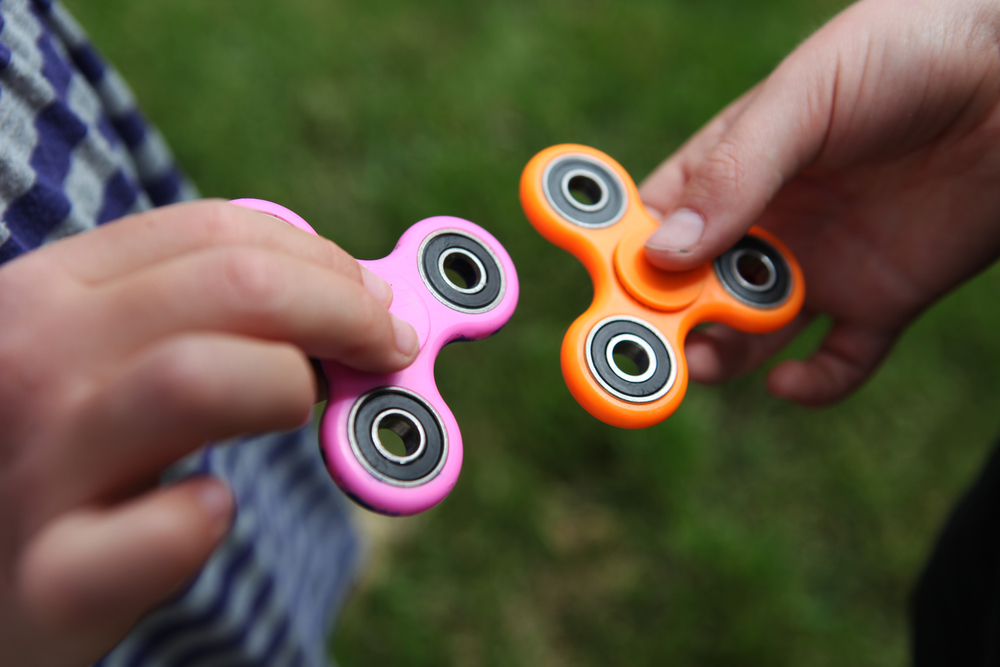Fidget Spinners are marketed off as a cure for ADHD, Autism and Anxiety, but how much of it is actually true?
The world is just so obsessed with fidget spinners lately, they are everywhere, even in rap music videos.
This tiny spinners are claimed to help people focus, and even cure or relieve the symptoms of ADHD (Attention Deficit Hyperactivity Disorder), PTSD (post-traumatic stress disorder), autism and anxiety, and suddenly, everyone in the world is has either of those illnesses and are spinning the symptoms away.

However, while some smart opportunists businesses are making loads of money, people aren’t buying focus, they are buying distraction, scientists claim.
While some studies have hinted that children with ADHD benefit from some forms of movement when given a challenging cognitive task, the fidget spinners might not be among them, Dr Mark Rapport, MD and Director of the Children’s Learning Clinic at the University of Central Florida’s Department of Psychology told the DailyMail.com.
“Using a spinner like gadget is more likely to serve as a distraction than a benefit for individuals with ADHD,” he said.
According to Dr. Rapport, fidget spinners don’t require the user to engage in gross body movement, which appears to increase brain arousal necessary to engage in many cognitive tasks.
On the contrast, Dr. Rapport explained that tasks that require small, non-distracting, motor movements would be more beneficial, such as “riding a stationary bike while reading or sitting on a movement ball while working at one’s desk”.

If this proves anything, it’s that we live in a highly consumerist world who fall for any marketing scam out there, and that people just want to belong to a degree that they push themselves to believe they are suffering from relatively rare conditions.
When your child asks for a fidget spinner, make sure to clarify that it is a toy and not a device to help with a medical condition.




